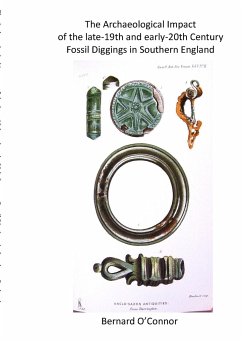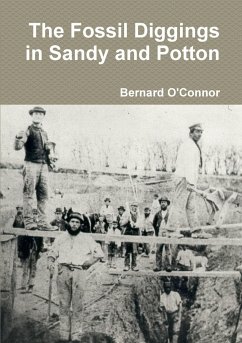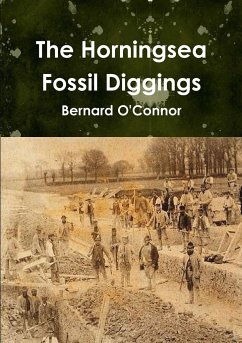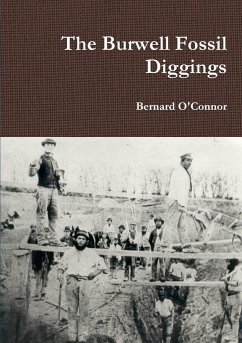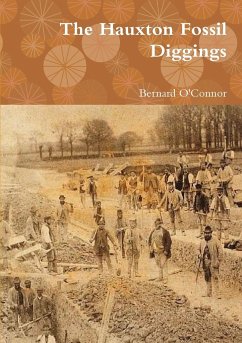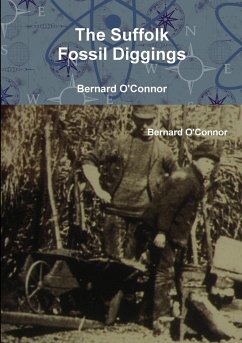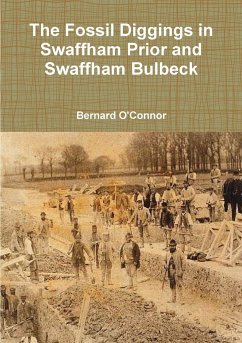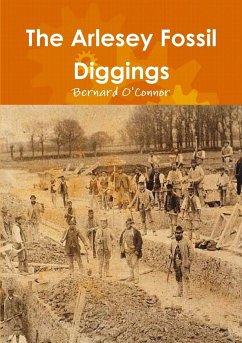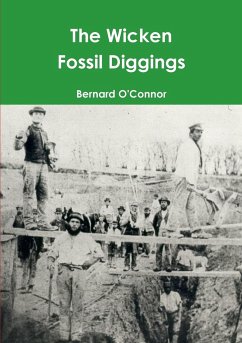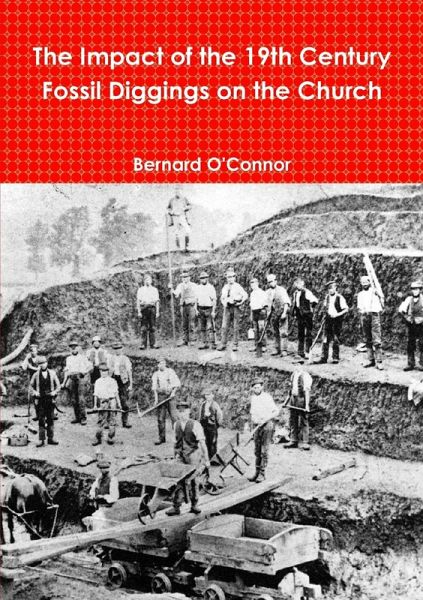
The Impact of the 19th Century Fossil Diggings on the Church
Versandkostenfrei!
Versandfertig in 1-2 Wochen
10,99 €
inkl. MwSt.

PAYBACK Punkte
5 °P sammeln!
In the mid-1840s a new industry started in southeast Suffolk, that of digging fossils. Known as 'coprolites', some thought them to be fossilised dinosaur droppings. Rich in phosphate they were much in demand by the nation's manure manufacturers. By the 1846s the diggings had spread to Cambridgeshire, hertfordshire, bedfordshire and Buckinghamshire. Many thousands of men and women, boys and girls, got well-paid work in the pits but there were issues of in-migration, overcrowding and drunkenness. This book investigates the impact of the diggings on the church and its attempts to alleviate the so...
In the mid-1840s a new industry started in southeast Suffolk, that of digging fossils. Known as 'coprolites', some thought them to be fossilised dinosaur droppings. Rich in phosphate they were much in demand by the nation's manure manufacturers. By the 1846s the diggings had spread to Cambridgeshire, hertfordshire, bedfordshire and Buckinghamshire. Many thousands of men and women, boys and girls, got well-paid work in the pits but there were issues of in-migration, overcrowding and drunkenness. This book investigates the impact of the diggings on the church and its attempts to alleviate the social problems.





